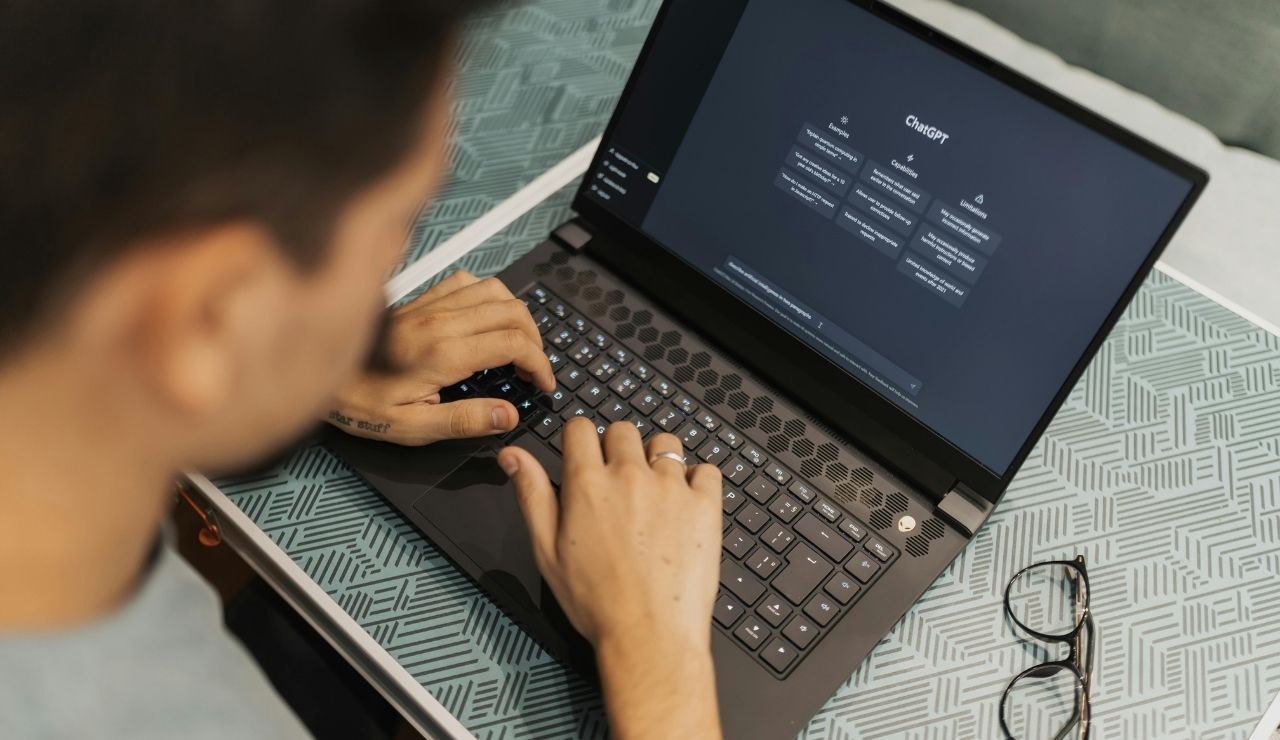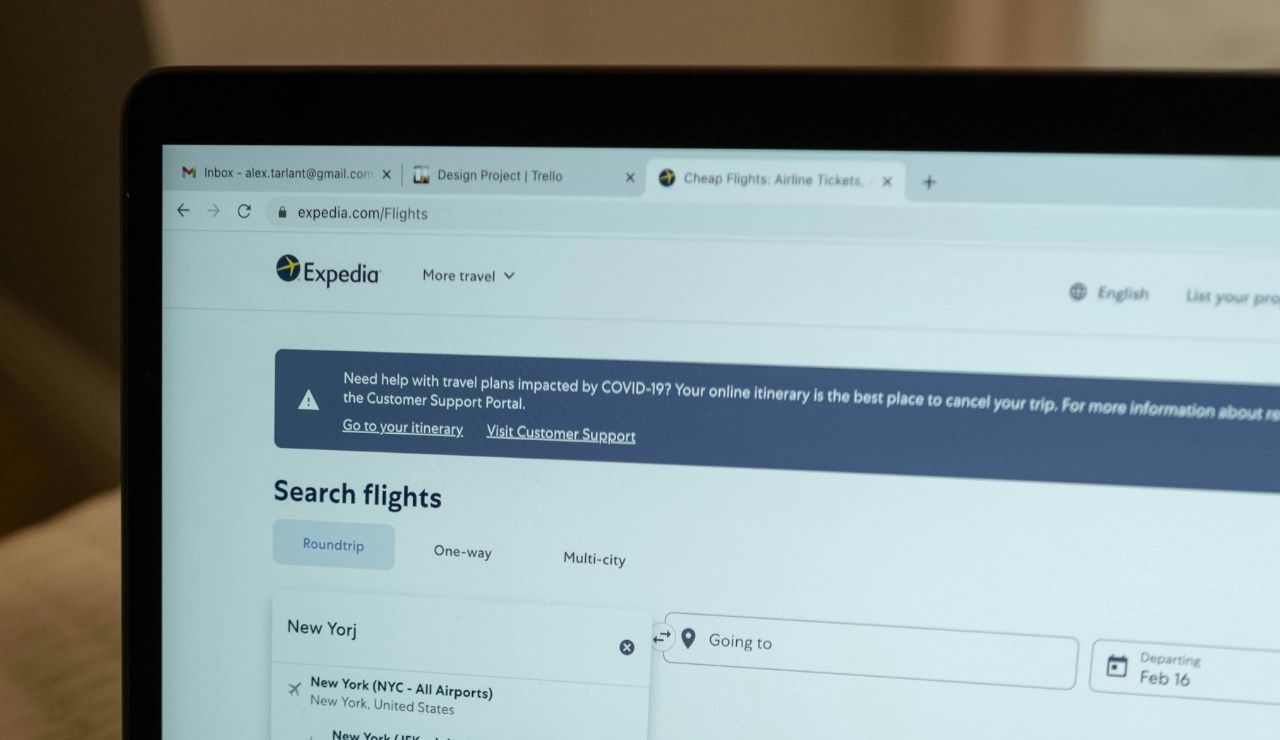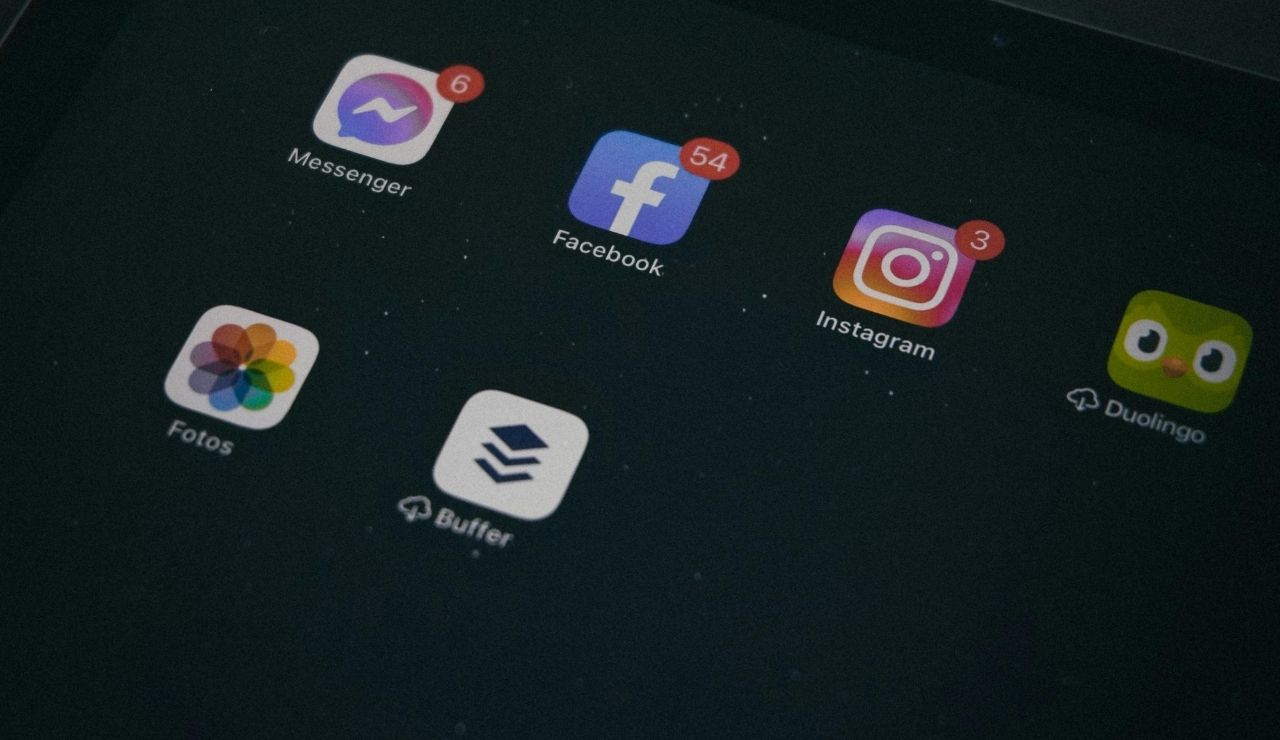Digital technology influences how teens think, work, and interact, often in ways that are not immediately noticeable. Habits built around screens can affect focus, learning, and personal development without showing clear warning signs. By identifying these behaviors, teens can adjust their routines, strengthen essential skills, and create healthier patterns that support both academic success and personal goals.
1. Constant Notifications

Alerts from multiple apps interrupt focus and make it harder to return to complex tasks. Even brief distractions reduce concentration and weaken memory. Limiting notifications to essential ones allows for longer stretches of uninterrupted work. This supports deeper thinking, better academic performance, and a calmer daily rhythm.
2. Endless Scrolling Before Bed

Viewing content late at night delays sleep and reduces rest quality. Screen light signals the brain to stay alert, while stimulating material makes it harder to unwind. Chronic sleep loss affects memory, mood, and problem-solving ability. Establishing a nightly screen cut-off supports healthier rest and sharper mental performance.
3. Multitasking With Multiple Screens

Switching between videos, chats, and schoolwork reduces efficiency and increases errors. Each change forces the brain to refocus, slowing progress. Working on one task at a time improves both quality and speed. Setting device boundaries during study sessions builds stronger concentration and reduces unnecessary stress.
4. Using Social Media As The Only News Source

Relying solely on social media for news limits perspective. Algorithms prioritize familiar content, narrowing exposure to diverse viewpoints. Combining social media with credible news outlets supports informed opinions, strengthens critical thinking, and builds awareness of broader issues that influence daily life.
5. Checking Devices First Thing In The Morning

Starting the day with messages or feeds pulls attention away from priorities before they are set. This can create a reactive mindset that lasts all day. Replacing the habit with a short planning routine or reading time helps begin the day with intention, improving focus and productivity.
6. Overusing Digital Shortcuts For Learning

Relying on summaries, answer keys, or automated tools can reduce the ability to learn independently. Shortcuts may save time but limit deep understanding. Practicing full problem-solving or reading entire assignments strengthens critical thinking and retention, leading to stronger academic skills over time.
7. Keeping Too Many Browser Tabs Open

Maintaining dozens of open tabs creates visual clutter and mental overload. The constant reminder of unfinished tasks can increase stress and reduce efficiency. Closing unused tabs and organizing bookmarks creates a clearer workspace, helping the mind stay focused on current priorities.
8. Excessive Photo Editing Before Posting

Spending long periods altering images can increase self-criticism and reduce confidence. The constant comparison to edited versions of others creates unrealistic expectations. Posting authentic photos builds self-acceptance and encourages a healthier relationship with personal image, reducing pressure tied to online appearance.
9. Gaming Without Time Limits

Playing games for extended periods can displace study time, reduce physical activity, and disrupt sleep. While gaming can improve coordination and problem-solving skills, the lack of limits can negatively impact academic performance and daily routines. Setting clear play schedules helps maintain a balance between entertainment and other responsibilities.
10. Leaving Background Apps Running

Open apps continue to send alerts, drain battery, and pull attention even when not in use. Closing unused programs reduces interruptions and improves device performance. Fewer distractions make it easier to concentrate on current tasks and maintain a more organized digital environment.


